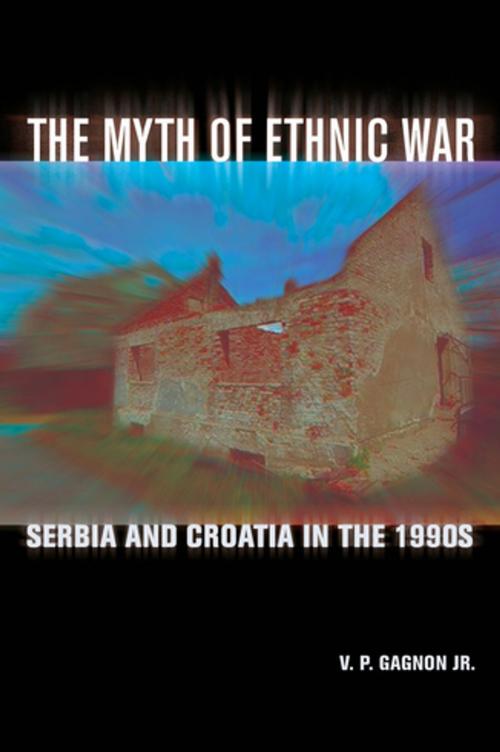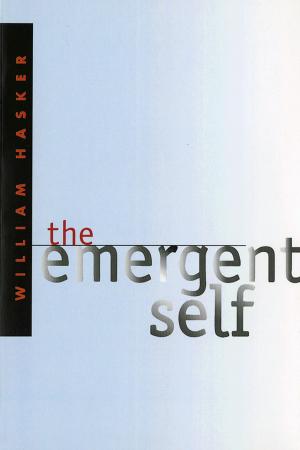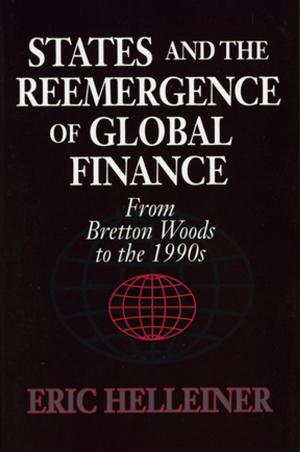| Author: | V. P. Gagnon | ISBN: | 9780801468872 |
| Publisher: | Cornell University Press | Publication: | December 15, 2009 |
| Imprint: | Cornell University Press | Language: | English |
| Author: | V. P. Gagnon |
| ISBN: | 9780801468872 |
| Publisher: | Cornell University Press |
| Publication: | December 15, 2009 |
| Imprint: | Cornell University Press |
| Language: | English |
"The wars in Bosnia-Herzegovina and in neighboring Croatia and Kosovo grabbed the attention of the western world not only because of their ferocity and their geographic location, but also because of their timing. This violence erupted at the exact moment when the cold war confrontation was drawing to a close, when westerners were claiming their liberal values as triumphant, in a country that had only a few years earlier been seen as very well placed to join the west. In trying to account for this outburst, most western journalists, academics, and policymakers have resorted to the language of the premodern: tribalism, ethnic hatreds, cultural inadequacy, irrationality; in short, the Balkans as the antithesis of the modern west. Yet one of the most striking aspects of the wars in Yugoslavia is the extent to which the images purveyed in the western press and in much of the academic literature are so at odds with evidence from on the ground."—from Chapter 1
V. P. Gagnon Jr. believes that the Yugoslav wars of the 1990s were reactionary moves designed to thwart populations that were threatening the existing structures of political and economic power. He begins with facts at odds with the essentialist view of ethnic identity, such as high intermarriage rates and the very high percentage of draft-resisters. These statistics do not comport comfortably with the notion that these wars were the result of ancient blood hatreds or of nationalist leaders using ethnicity to mobilize people into conflict.
Yugoslavia in the late 1980s was, in Gagnon's view, on the verge of large-scale sociopolitical and economic change. He shows that political and economic elites in Belgrade and Zagreb first created and then manipulated violent conflict along ethnic lines as a way to short-circuit the dynamics of political change. This strategy of violence was thus a means for these threatened elites to demobilize the population. Gagnon's noteworthy and rather controversial argument provides us with a substantially new way of understanding the politics of ethnicity.
"The wars in Bosnia-Herzegovina and in neighboring Croatia and Kosovo grabbed the attention of the western world not only because of their ferocity and their geographic location, but also because of their timing. This violence erupted at the exact moment when the cold war confrontation was drawing to a close, when westerners were claiming their liberal values as triumphant, in a country that had only a few years earlier been seen as very well placed to join the west. In trying to account for this outburst, most western journalists, academics, and policymakers have resorted to the language of the premodern: tribalism, ethnic hatreds, cultural inadequacy, irrationality; in short, the Balkans as the antithesis of the modern west. Yet one of the most striking aspects of the wars in Yugoslavia is the extent to which the images purveyed in the western press and in much of the academic literature are so at odds with evidence from on the ground."—from Chapter 1
V. P. Gagnon Jr. believes that the Yugoslav wars of the 1990s were reactionary moves designed to thwart populations that were threatening the existing structures of political and economic power. He begins with facts at odds with the essentialist view of ethnic identity, such as high intermarriage rates and the very high percentage of draft-resisters. These statistics do not comport comfortably with the notion that these wars were the result of ancient blood hatreds or of nationalist leaders using ethnicity to mobilize people into conflict.
Yugoslavia in the late 1980s was, in Gagnon's view, on the verge of large-scale sociopolitical and economic change. He shows that political and economic elites in Belgrade and Zagreb first created and then manipulated violent conflict along ethnic lines as a way to short-circuit the dynamics of political change. This strategy of violence was thus a means for these threatened elites to demobilize the population. Gagnon's noteworthy and rather controversial argument provides us with a substantially new way of understanding the politics of ethnicity.















